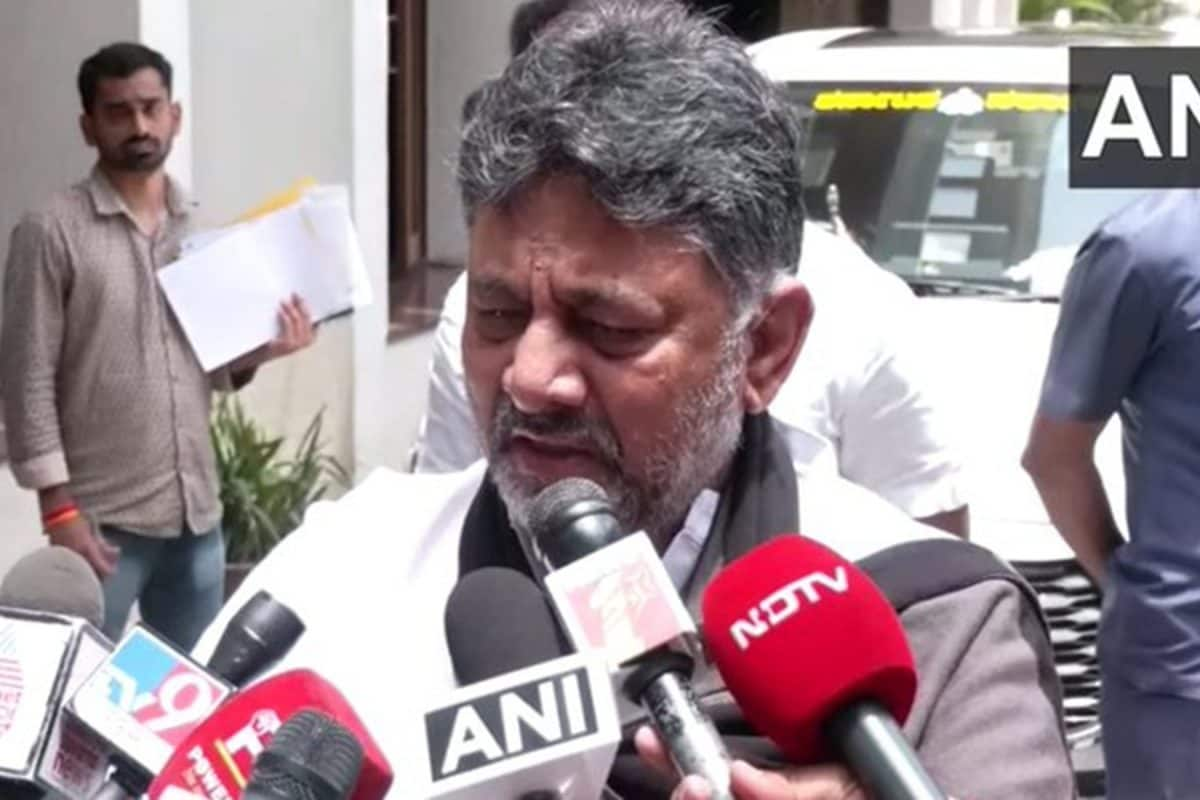

In the wake of the tragic stampede in Bengaluru during Royal Challengers Bengaluru's (RCB) IPL victory celebrations, which resulted in 11 deaths and numerous injuries, Karnataka's Deputy Chief Minister DK Shivakumar has emphasized the government's efforts in addressing the situation. As investigations unfold and criticisms mount, the question arises: "What More Can Government Do?"
Following the incident, the state government has initiated several measures, including ordering inquiries, filing cases, and suspending officials deemed responsible. Chief Minister Siddaramaiah announced a judicial inquiry led by retired High Court judge Justice Michael D'Cunha to investigate lapses in planning, coordination, and crowd management. Simultaneously, a Special Investigation Team (SIT) under the Criminal Investigation Department (CID) has been formed to ensure an impartial and comprehensive investigation.
Several senior police officers, including Bengaluru Police Commissioner B Dayananda, have been suspended for alleged dereliction of duty. An FIR has been registered against RCB, event organizers DNA Entertainment, and the Karnataka State Cricket Association (KSCA) for criminal negligence, with accusations that they were aware of potential risks but failed to manage the crowd adequately. Arrests have been made, and authorities are pursuing other key figures involved in organizing the event.
In addition to these actions, the government has offered financial assistance of Rs 10 lakh to each of the families of the deceased. RCB has also announced a similar contribution and established a fund called "RCB Cares" to support injured fans.
Despite these measures, questions persist about the government's role and whether more could have been done to prevent the tragedy. The Karnataka High Court has taken suo motu cognizance of the incident, seeking a report from the government on the lapses and details concerning the stampede. The court has raised concerns about whether Standard Operating Procedures (SOPs) were followed and if adequate guidelines were in place to handle the situation at the Chinnaswamy Stadium.
Responding to criticism, Deputy Chief Minister DK Shivakumar has defended the government's actions, stating that they have "done their best" to provide justice. He highlighted the judicial inquiry, ongoing investigations, and actions taken against those found responsible. Shivakumar also expressed sorrow over the incident, acknowledging the pain and loss suffered by the victims and their families.
However, the opposition BJP has accused the government of scapegoating the police and demanded the resignation of key officials, including the Chief Minister and Deputy Chief Minister. They argue that the government acted only after public outcry and that the real culprits should be held accountable.
Looking ahead, the Karnataka government has announced plans to develop a comprehensive plan of action to prevent similar incidents in the future. Home Minister G Parameshwara mentioned the development of a new Standard Operating Procedure (SOP) for large public gatherings. This SOP would likely focus on crowd management, security measures, and coordination between various stakeholders, including event organizers, police, and local authorities.
While the government has taken steps to address the immediate aftermath of the stampede, further actions could include:
The Bengaluru stampede serves as a stark reminder of the importance of proper planning, coordination, and safety measures at large public gatherings. While the Karnataka government has taken initial steps to address the tragedy, ongoing investigations and future actions will determine whether sufficient measures have been implemented to prevent similar incidents from occurring in the future. The focus remains on ensuring accountability, implementing preventative measures, and providing support to the victims and their families.